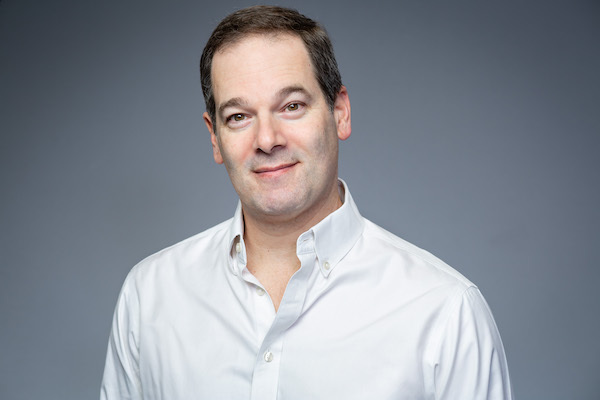This is a profile from the 2020 version of the DataIQ 100.
The 2021 list is available here
Gary Goldberg, chief data officer, integrated supply and trading, BP

Path to power
As I look back over my career, it’s interesting how much of my work was data related (even though I didn’t always recognise it at the time) but no matter the role, I have always maintained a very commercial focus.
I started my career on a trading desk in an investment bank. Eventually I began developing our systems in my spare time before moving into IT. My career was then focused on delivering solutions for our business – most often this meant improving data and business processes.
I found that improvements to data usage were key to delivering operating efficiencies and business insights. In 2015, I was appointed the CDO at Mizuho, where I had the privilege of creating the data function from the ground up. Then in September 2019, I made the move from financial services to join BP.
What is the proudest achievement of your career to date?
You mean, apart from being included in the DataIQ100? There was a data architecture that delivered 95% straight through processing. I was also able to reduce the cost of change by over 70% through data management improvements. But I’m most proud of the teams that I’ve built; creating a high functioning team and seeing people progress in their careers is very satisfying. I take great pride in catching up with former team members and learning how their careers have progressed. It’s nice to know that I had at least a small part to play in their development.
Who is your role model or the person you look to for inspiration?
I can’t name just one person. I try to learn and be inspired from as many places as I can. My grandmother inspired me to never give up. My wife inspires my social conscience. My peers in the DataIQ 100 inspire me with new ways to solve problems and use data.
Did 2019 turn out the way you expected? If not, in what ways was it different?
From an industry perspective, I think it was largely in line with my expectations. There continues to be a need to automate parts of the data lifecycle. This will continue into 2020 as companies seek ways to gain more value from analytics.
Personally, 2019 held a few surprises. It gave me an opportunity to transition into a new role in a new industry; it’s incredibly exciting to help build a data driven culture across BP’s global integrated supply and trading organisation.
What do you expect 2020 to be like for the data and analytics industry?
In recent years, there has been a growing demand for alternative data to feed data science initiatives. In 2020, we’ll see a growing appetite for companies to meet that demand though commercialising their data. I recall a report from Tata that in 2012 only 27% of company sold data. Selling data externally generates new revenue and offers an opportunity to profit from good data governance. I believe this trend will accelerate in 2020.
Data and technology are changing business, the economy and society – what do you see as the biggest opportunity emerging from this?
I think it’s true that we’re in a new industrial revolution and there is an opportunity for governments to create a well thought-out digital legislative fabric to protect the public good and protect access to digital markets.
From a commercial perspective, opportunities arise because data and technology enable efficiencies at scale; whether that’s creating a national hub to optimise traffic patterns in real-time or modelling ways of reversing climate change. Data and technology will be key enablers.
What is the biggest tech challenge you face in ensuring data is at the heart of your digital transformation strategy?
For me, it’s about culture and communications more than technology. The number of technology change programmes and the rate of technological innovation means that data architectures are under constant pressure. It’s often challenging to ensure data management is a seamless part of change.
My strategy is to focus on design and facilitate communication so that, wherever possible, technology is built around homogenous data. I see this as an organisational and communication challenge that technology can enable.
DataIQ is a trading name of IQ Data Group Limited
10 York Road, London, SE1 7ND
Phone: +44 020 3821 5665
Registered in England: 9900834
Copyright © IQ Data Group Limited 2024